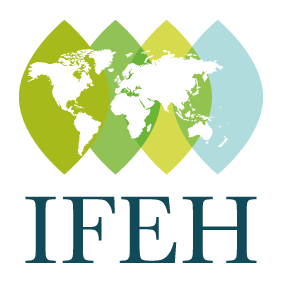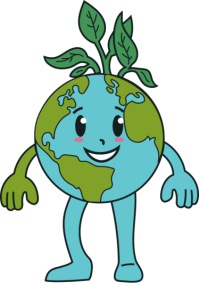PHYSICAL-CHEMICAL AND MICROBIOLOGICAL MONITORING OF SEA WATER USED IN BIVALVE MOLLUSC PRODUCTION IN RIBEIRÃO DA ILHA, FLORIANÓPOLIS/SC, BRAZIL
Keywords:
Bivalve mollusc, water contamination, heath risks, aquacultureAbstract
Background: The cultivation of bivalve molluscs such as oysters, seafood and scallops, is one of the main economic activities in Ribeirão da Ilha, Florianópolis/SC, Brazil. To promote safety, health and sustainability of this sector, the Federal Institute of Santa Catarina (IFSC) Florianópolis / SC, Brazil have a Mariculture Program that aims to promote technical-scientific and technological development, dissemination of knowledge and training, involving all society's stakeholders.
Aim: The present study was integrate Mariculture Program of IFCS and aimed to analyze physical-chemical and microbiological parameters of seawater used in the bivalve mollusc cultivation in Ribeirão da Ilha, Florianópolis/SC, Brazil, in order to identify and prevent potencial contamination sources.
Methods: Five sampling points were defined within the extension of the Ribeirão da Ilha neighborhood and a total of twenty water samples were analyzed, between May and November 2019. The parameters analyzed were: Temperature; Turbidity; Color; pH; Conductivity; Dissolved Oxygen (DO); Total Carbon; Total Phosphorus; Ammoniacal nitrogen; Nitrite; Nitrate; Total and Thermotolerant Coliforms.
Results: The results of OD, Total Carbon, Total Phosphorus and Ammoniacal Nitrogen were above the values defined in the aquaculture Brazilian legislation. There were also detected concentrations of thermotolerant coliforms above the limit values at specific sampling points.
Conclusion(s): The mangrove forests and untreated domestic sewage discharges may have influenced the results obtained. This pilot study has shown the importance of developing environmental education programs for mariculture farmers and population of the region.
Keywords: Bivalve mollusc, water contamination, heath risks, aquaculture.
Presenter e-mail: Joana Santos – jds@ess.ipp.pt


